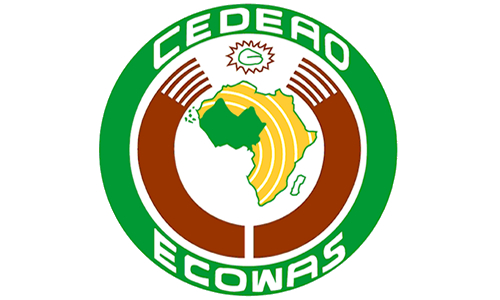
The ECOWAS Commission, as part of efforts to strengthen the capacity of procurement officials, has organized a three-day training in Lagos, Nigeria, which forms part of the Annual Procurement Capacity Building Training.
Professor Nazifi Abdullahi Darma, Commissioner for Internal Services of the ECOWAS Commission, said the procurement principles of ECOWAS were premised on transparency, which required review of the procurement activities supported by appropriate documentation and disclosure.
“Transparency requires that relevant procurement information be made publicly available to all interested parties, consistently and in a timely manner, through readily accessible and widely available sources at reasonable or no cost, and appropriate reporting of procurement activity.
Speaking at the workshop, Prof. Darma explained that transparency required the use of confidentiality provisions, where justified.
He said equity, fairness, and equal opportunity principles referred to equal opportunity and treatment for all service providers; competitive tendering; and equitable distribution of rights and obligations between the contracting entity and bidders and consultants.
It also requires credible mechanisms for addressing procurement-related complaints and providing recourse.
Prof. Darma stressed that the principles of effectiveness implied the degree to which ECOWAS objectives were achieved and targeted problems were timely resolved in line with due process.
Mr. Seydou Bangoura, the Director of Administration and General Services, said the principles of the economy, and value for money meant the effective, efficient, and economic use of resources, which required an evaluation of relevant costs and benefits.
“It also requires an assessment of sustainability, quality, and non-price attributes and/or Life Cycle Costs (LCC), as appropriate”.
Mr. Bangoura said the price alone may not necessarily represent value for money and procurement arrangements were generally time-sensitive and strive to avoid waste and delays.
“The principle of efficiency requires that procurement processes be proportional to the value and risks of the underlying project activities”.
He said the principle of integrity requires that funds, resources, assets, and authority be used solely for the intended purposes and aligned with the best interests of the ECOWAS community and the beneficiaries of the proceedings.
“Terms of Reference (ToR) and Technical Specifications for Public Procurement shall be designed to ensure equal opportunities for both men and women,” he said.
Other resource persons include the ECOWAS Director of Strategic Planning and Monitoring and Evaluation, the Acting Director of Human Resources, as well as various procurement practitioners and actors from ECOWAS Institutions, Agencies, and Technical Departments.
The ECOWAS Procurement Officials were charged at the end of training to adhere to best practices with regards to the regulations and procedures of the ECOWAS Procurement Code and Manual.
The participants were also encouraged to share and discuss experiences and issues pertaining to procurement to facilitate the smooth implementation of projects and programmes.
Source: GNA























